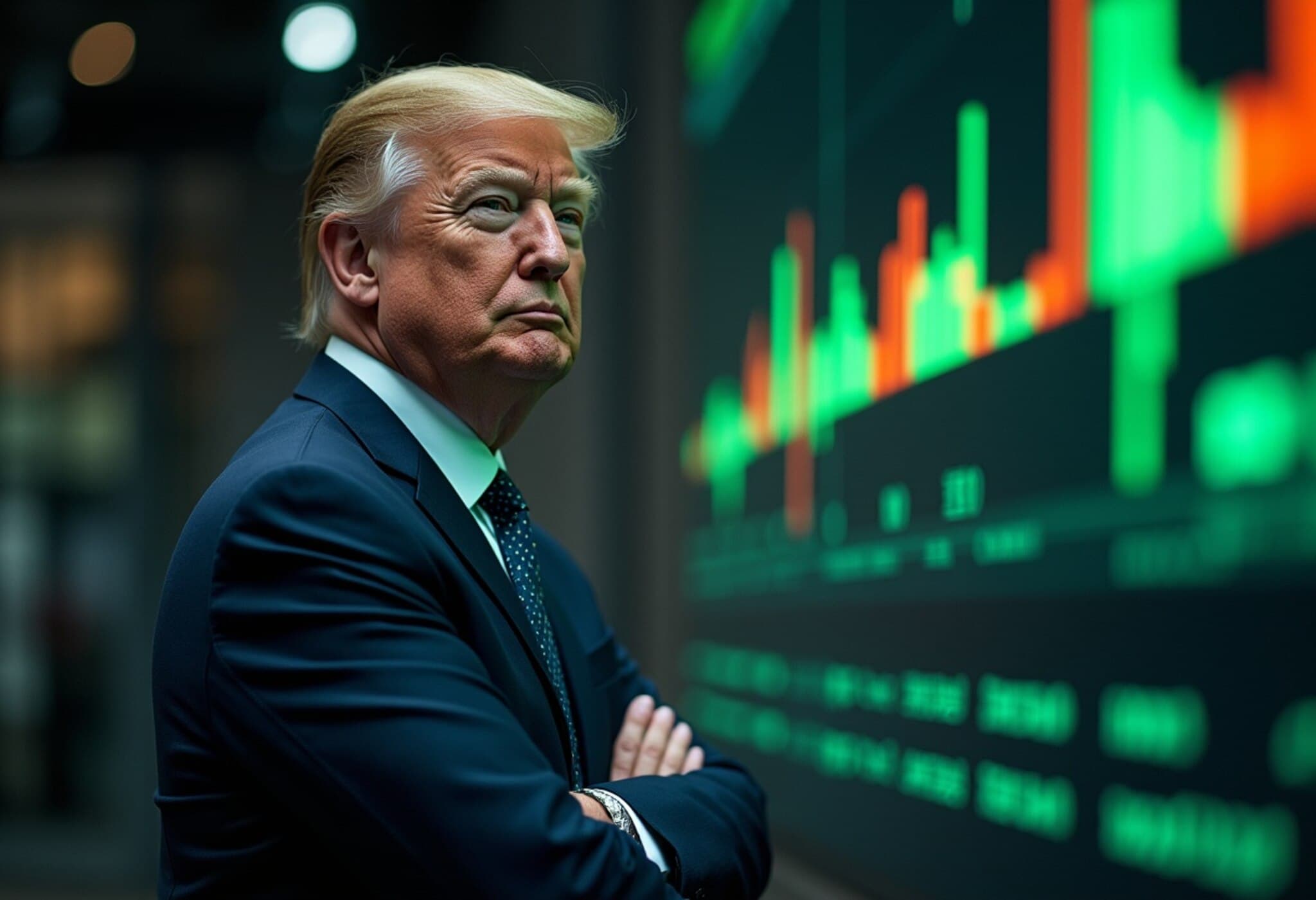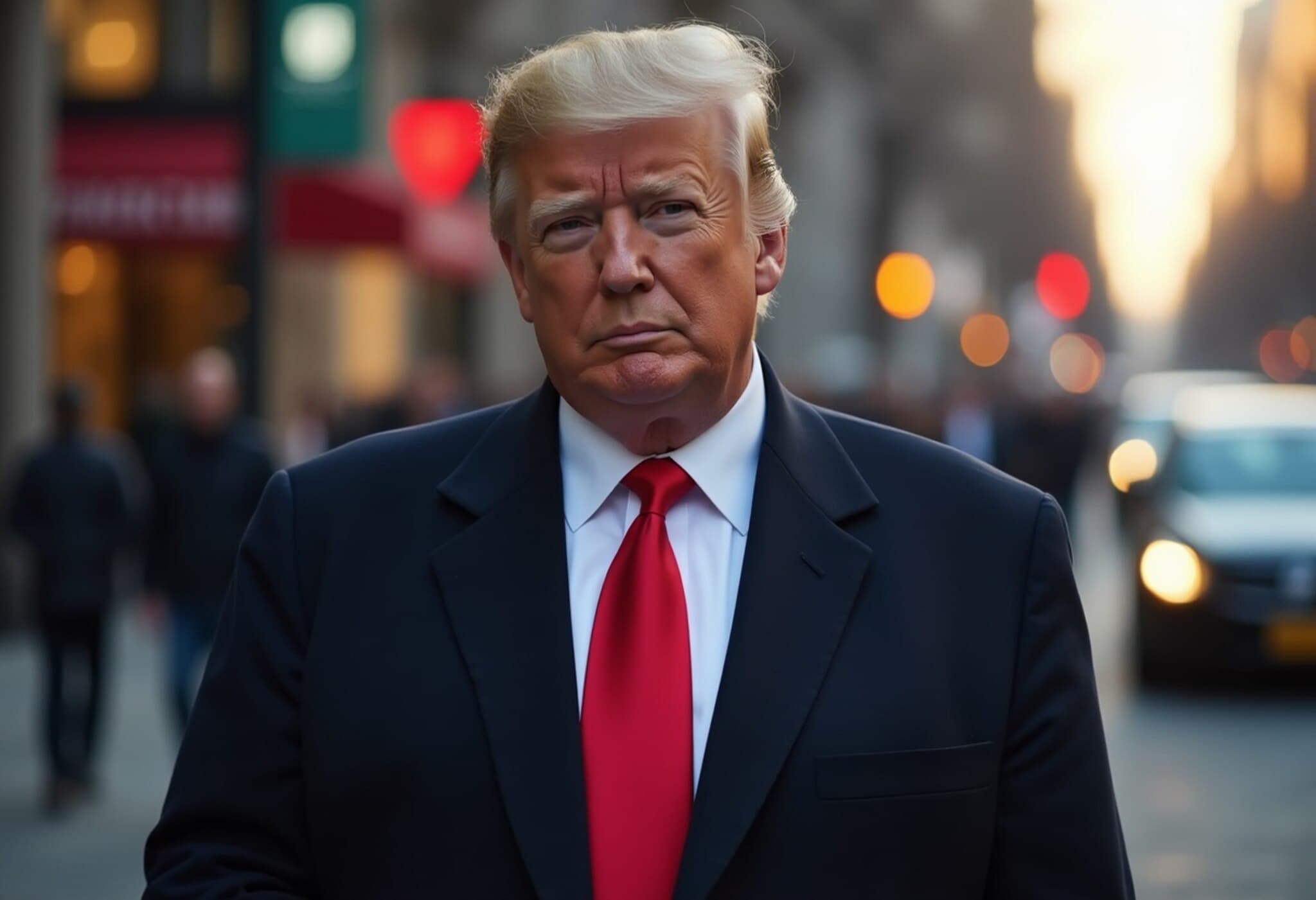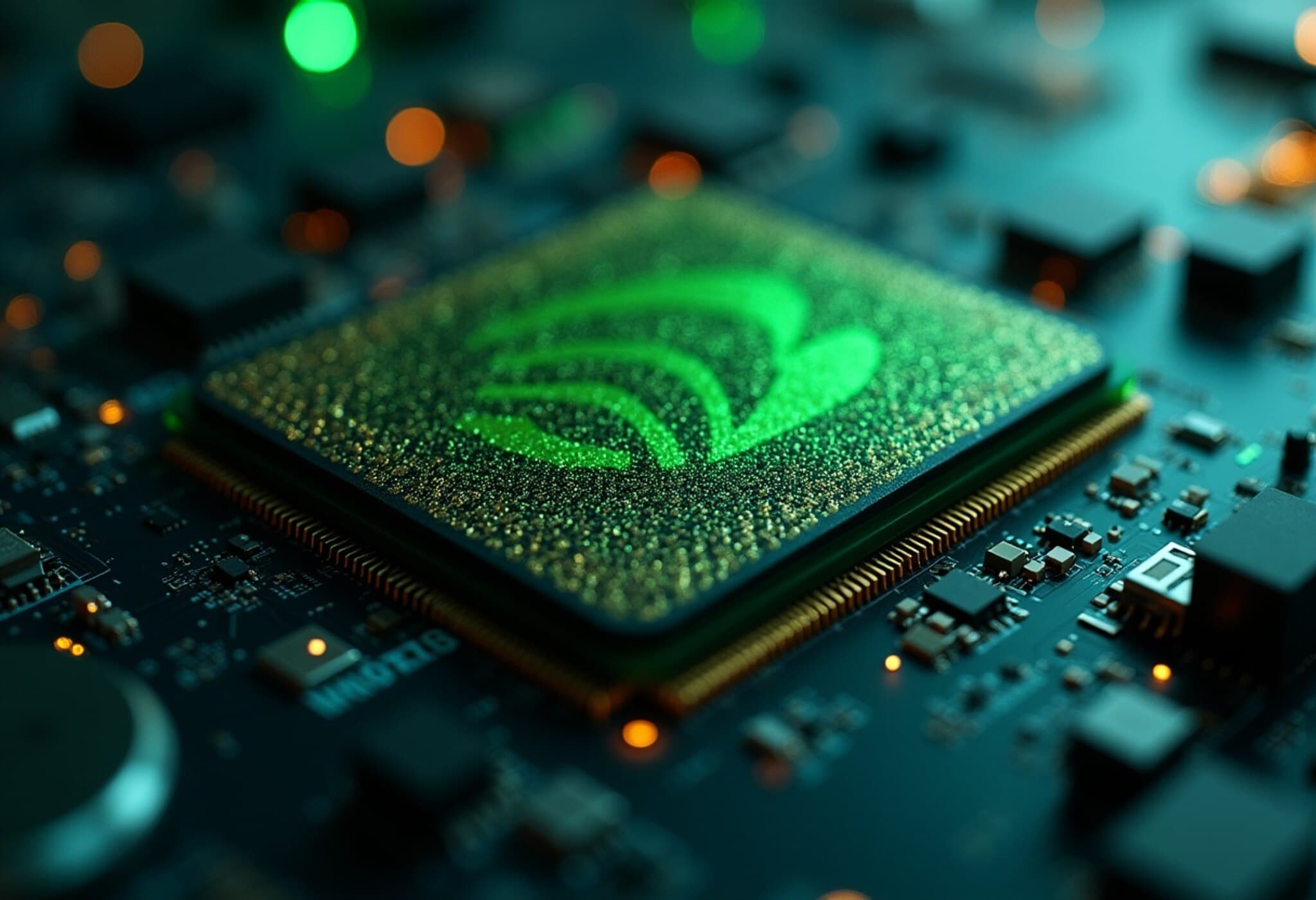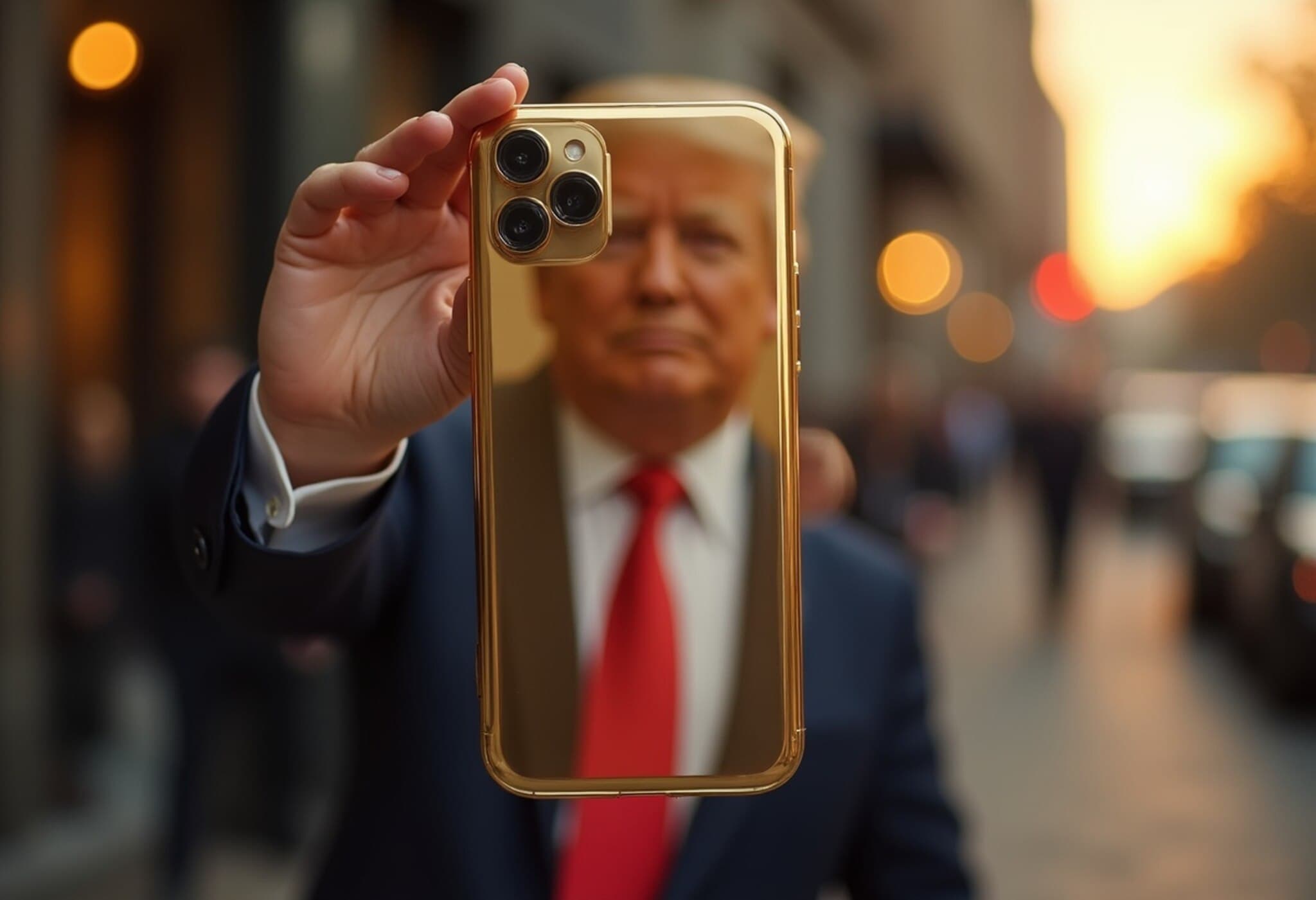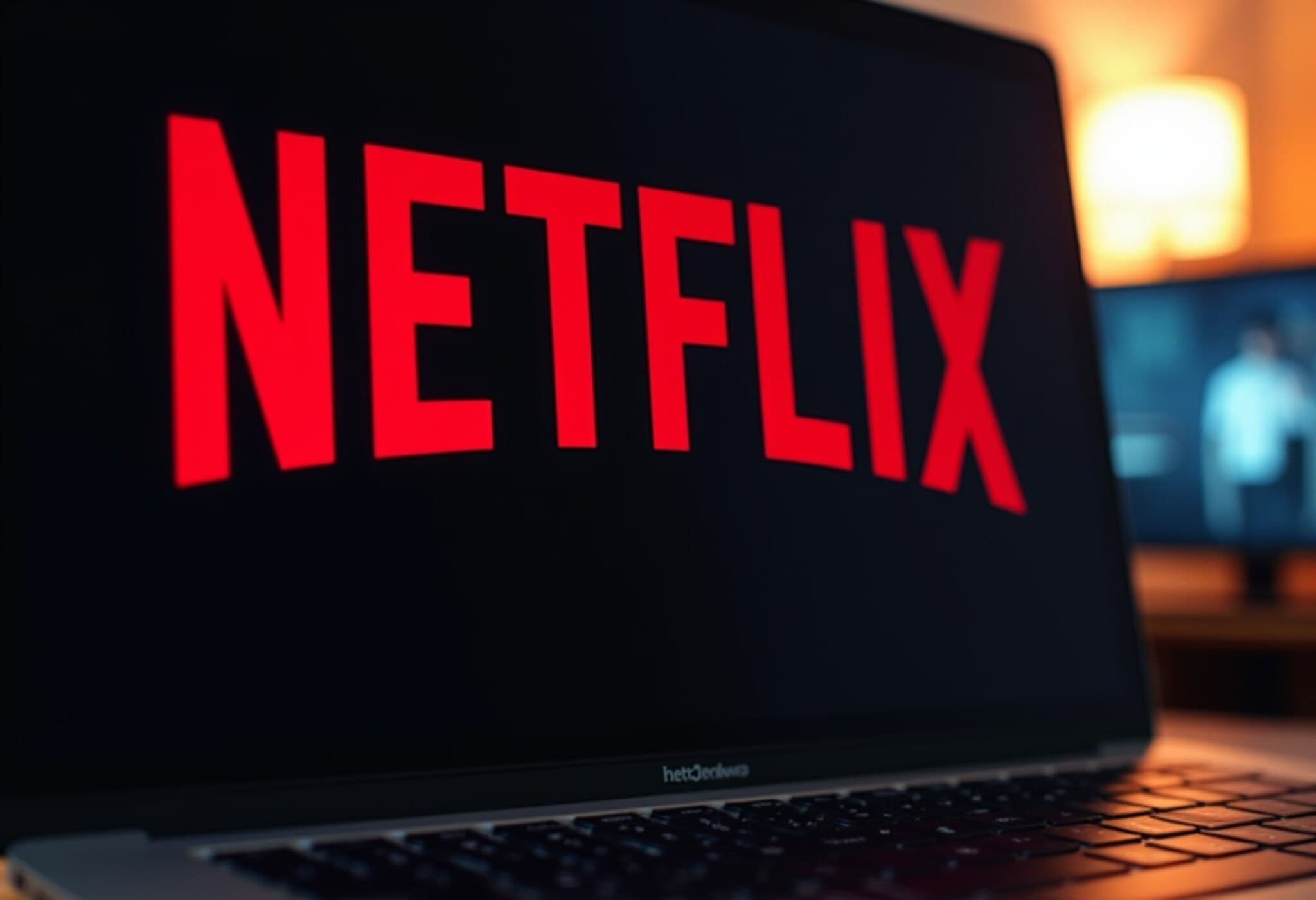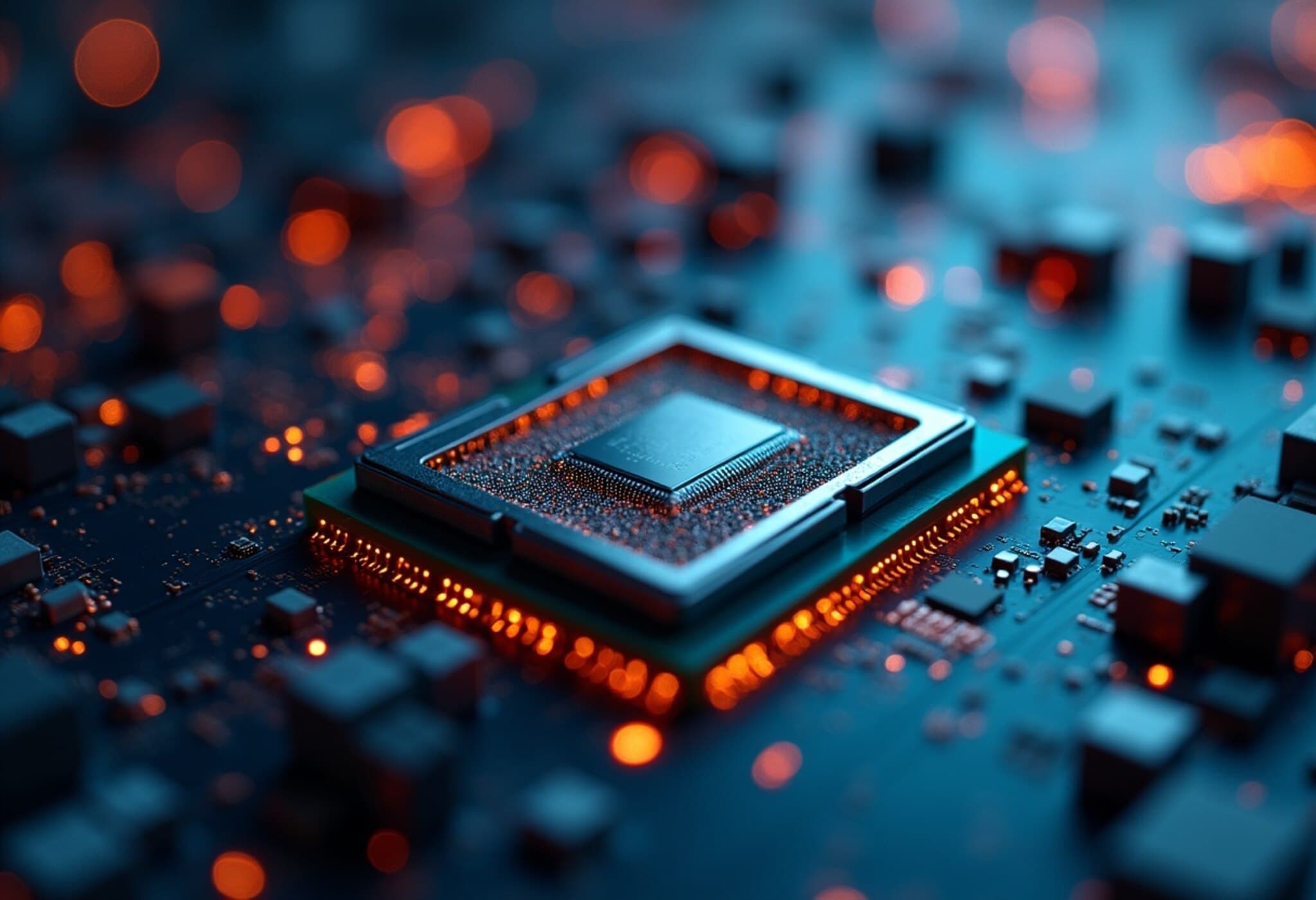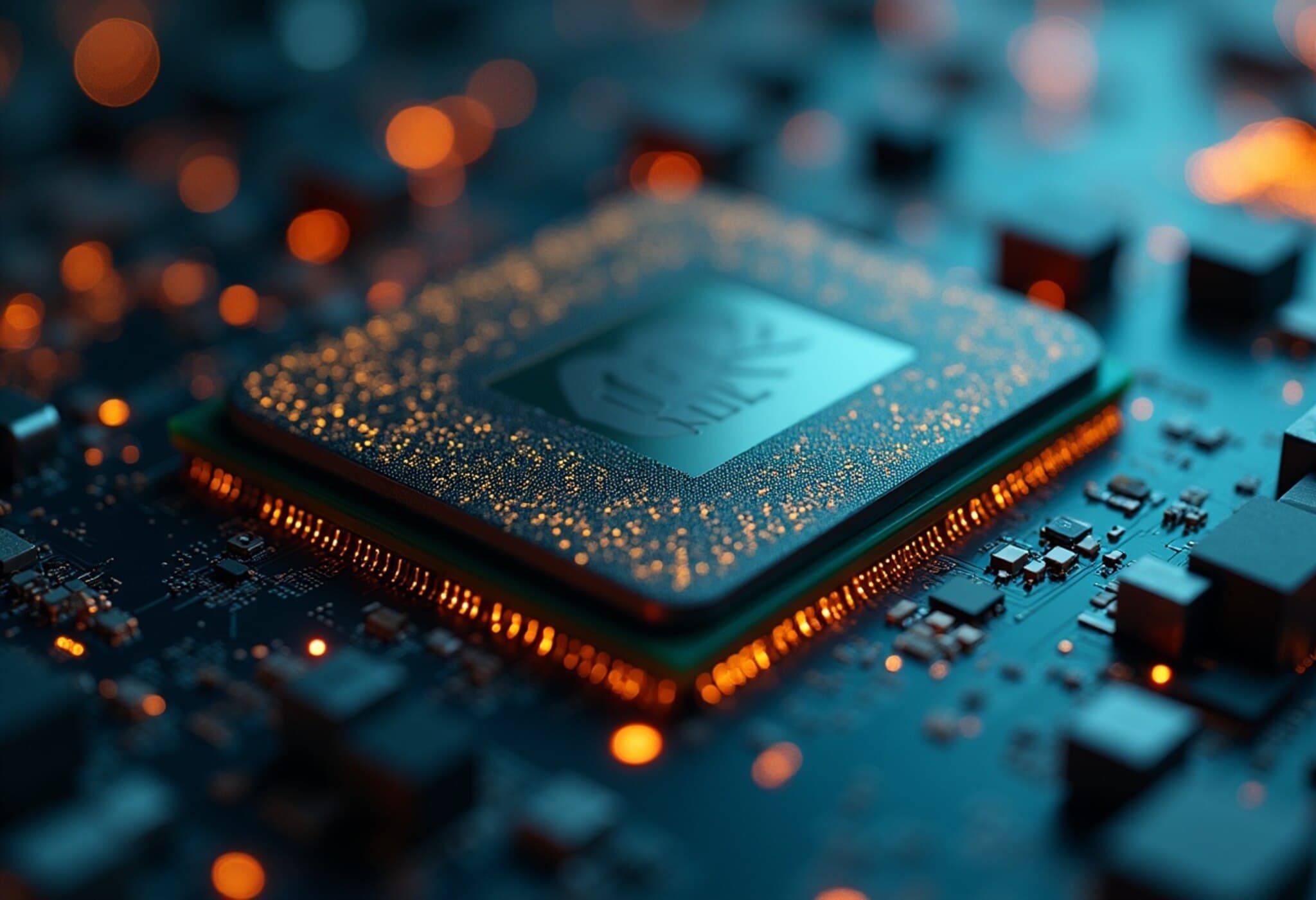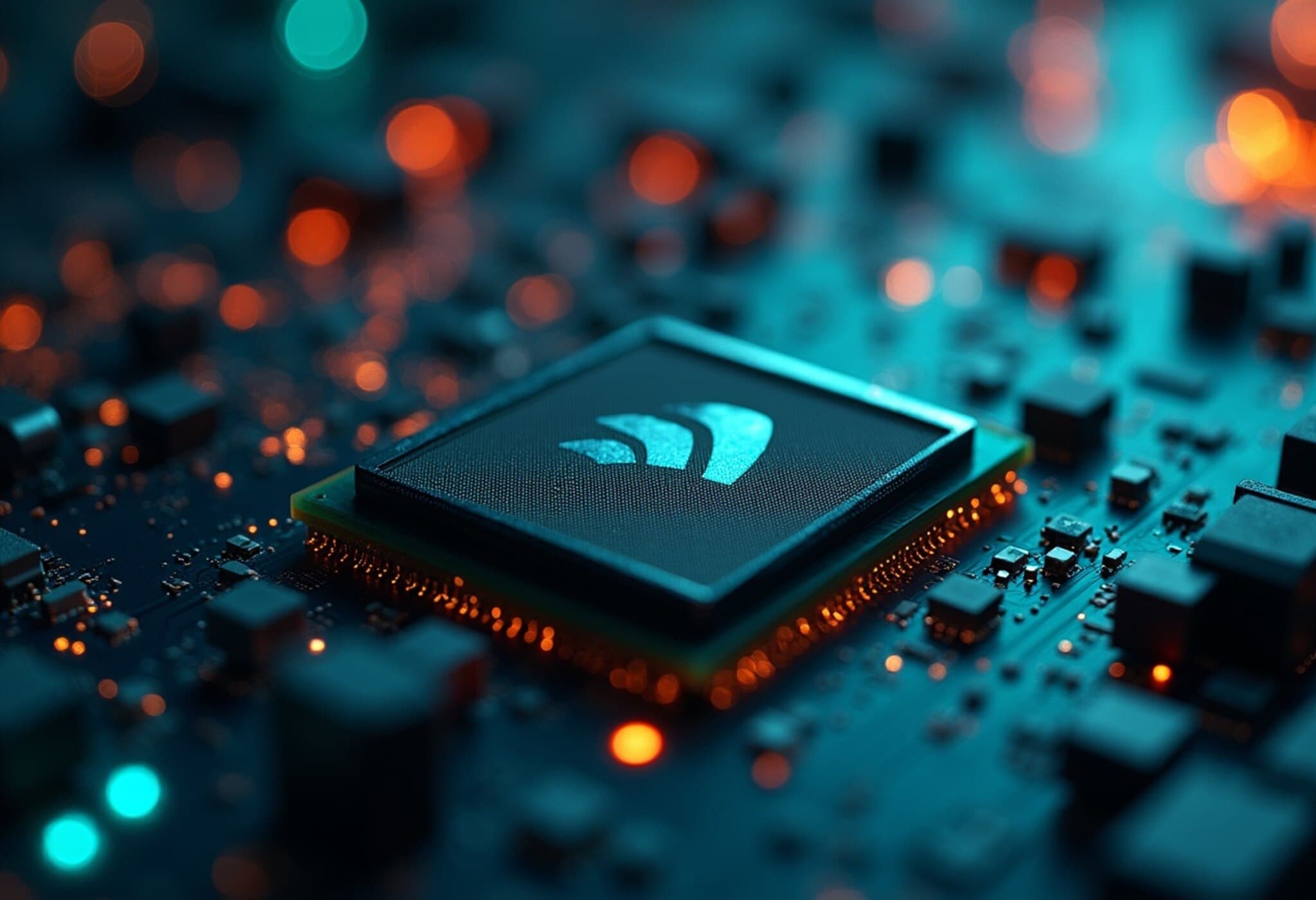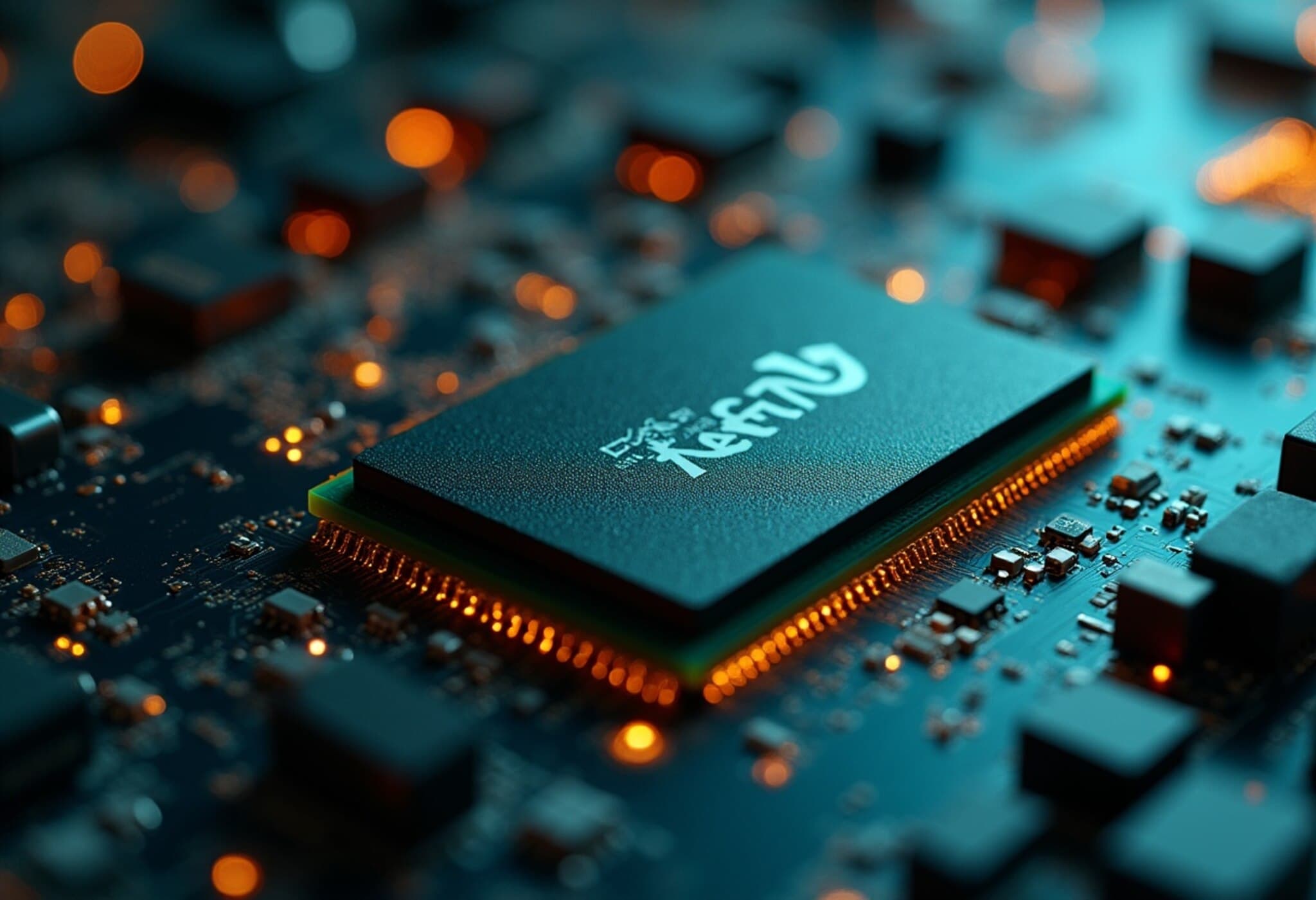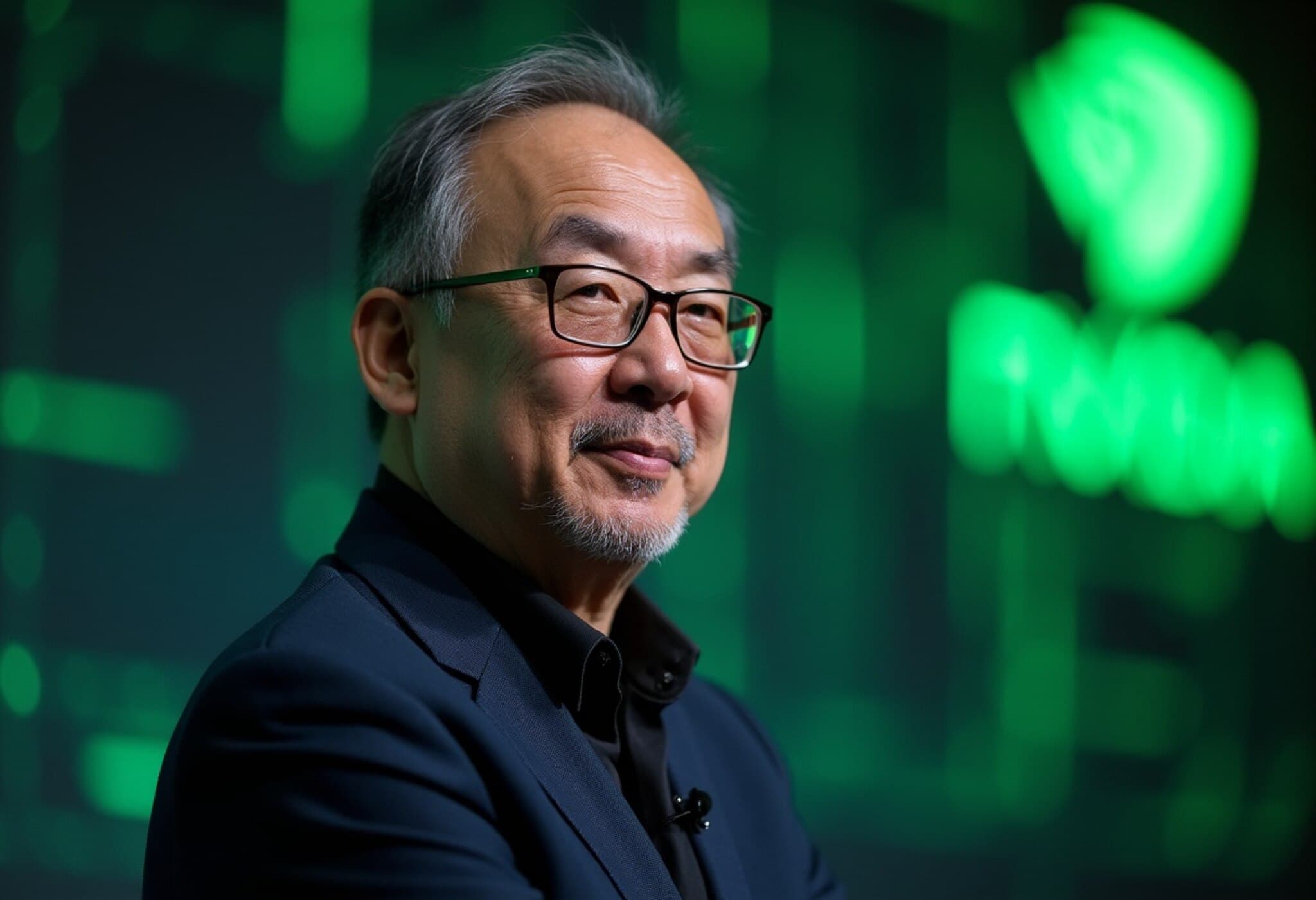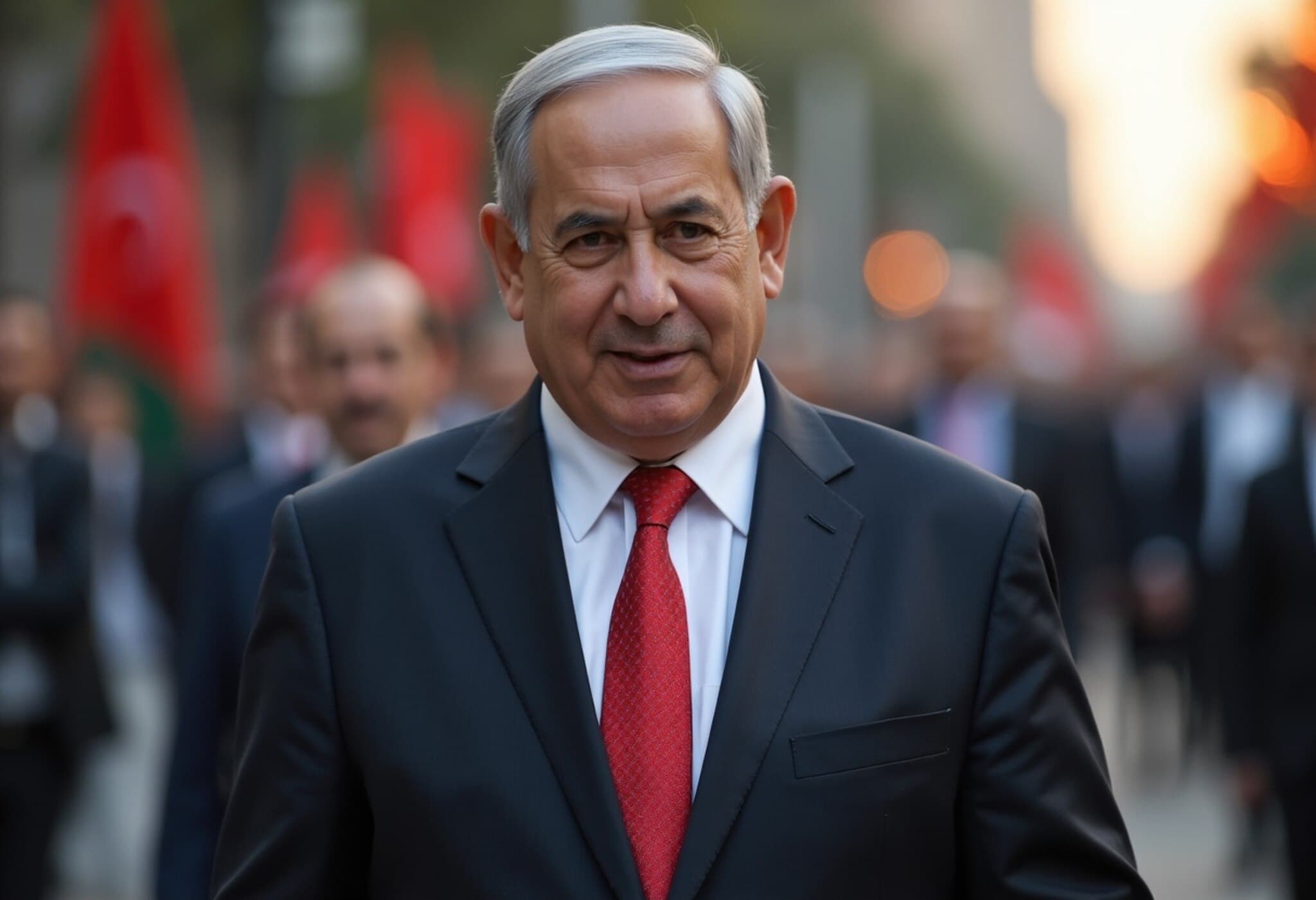Nvidia's Historic Market Milestone Amid Government Scrutiny
In a compelling intersection of technology, politics, and economics, Nvidia's CEO Jensen Huang is set to meet with former President Donald Trump at the White House this Thursday. This high-profile meeting arrives as Nvidia recently secured its place in corporate history by becoming the first company to close a trading day with a staggering $4 trillion market capitalization.
This achievement marks a symbolic milestone, overshadowing tech giants like Apple and Microsoft, which had long held dominant market values. Nvidia briefly touched the $4 trillion mark during trading Wednesday before closing above it on Thursday, signaling investor confidence amid strong demand for artificial intelligence (AI) technologies.
Trump Praises Nvidia’s Stock Performance
Export Controls Cloud Nvidia’s China Market Prospects
However, Nvidia’s journey hasn’t been without challenges. The company faces stringent export controls imposed by the Trump administration in April 2025. Aimed at safeguarding national security, these controls have impacted the shipment of Nvidia’s AI chips—most notably the H20 processor—to China, a critical growth market valued at approximately $50 billion.
Jensen Huang previously disclosed at an earnings call that these export restrictions effectively shuttered Nvidia's business in China overnight, with “no grace period.” The consequence has been a substantial lost revenue projection, with around $8 billion in expected orders for the H20 chip now unrealized in the upcoming quarter.
"The $50 billion China market is effectively closed to U.S. industry," Huang commented, encapsulating the dilemma American tech firms face amid escalating geopolitical tensions.
Policy Shifts Ahead: A New Chapter in AI Export Regulation
The complexity deepens as the Trump administration recently withdrew a more lenient AI chip export regulation that had been planned under the Biden administration, known as the "Biden-era AI chip export rule." In its place, the administration has promised to unveil new, stricter guidelines later this year, determining which countries can access cutting-edge U.S. AI technologies.
For Nvidia, these regulatory changes represent both a challenge and a pivot point. The company must navigate a volatile international trade environment while maintaining its leadership in AI innovation—a field critical to the U.S. economy and national security.
Expert Analysis: The Collision of Tech Power and Policy
The convergence of Nvidia’s market breakthrough with intensified government oversight underscores a broader narrative about America's tech sovereignty. As one of the most valuable corporations globally, Nvidia’s fate is closely tied to U.S. economic strategy and international diplomatic relations, particularly concerning China.
Industry experts suggest this meeting could be pivotal in shaping future dialogue around technology export controls, balancing the imperatives of national security with economic growth. It also raises critical questions:
- How will emerging export regulations influence the global AI technology landscape?
- Can Nvidia and similar firms adapt without stifling innovation in an increasingly protectionist world?
- What role does U.S. economic policy play in maintaining technological leadership amid geopolitical rivalries?
Looking Ahead: What This Means for Investors and the Tech Sector
Investors are closely watching Nvidia’s trajectory as its market valuation signals a bullish sentiment on AI’s transformative potential. However, export restrictions could introduce volatility, particularly as sales to China dry up, forcing the company to explore new markets or diversify its product lines.
From a broader perspective, Nvidia’s story is emblematic of the tensions between technological advancement and regulatory oversight in today’s global economy. It illustrates the delicate balance policymakers must strike to foster growth without compromising national security.
Editor's Note
Nvidia's historic leap to a $4 trillion valuation amid complex export restrictions encapsulates the evolving dynamics of American technology leadership. As Jensen Huang meets with Donald Trump at the White House, the dialogue between innovation and policy takes center stage—posing urgent questions about the future of AI, global competitiveness, and regulatory governance. Observers should watch closely how this interaction influences not only Nvidia’s business strategies but also the broader U.S. approach to emerging technologies in a fractious geopolitical landscape.

